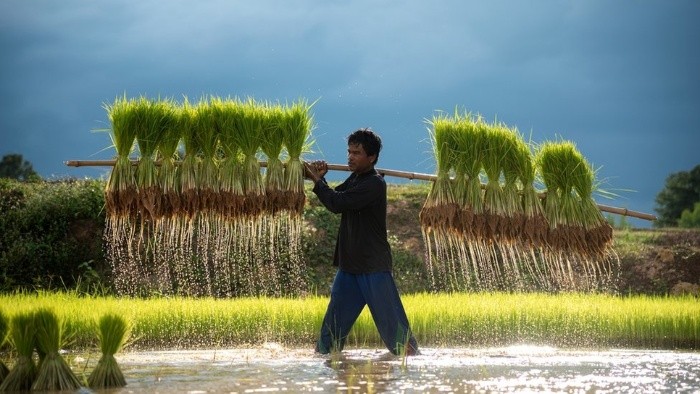Health authorities in the United States have found a rare and dangerous type of bacteria in soil and water samples in the Gulf region off the coast of Mississippi.
The pathogen, known by its scientific name of Burkholderia pseudomallei, can cause severe illness in infected people.
Most healthy people who come into contact with the bacteria do not develop serious illness like Melioidosis, which can be treated with antibiotics.
Doctors are already alerted for possible cases.
Melioidosis can occur in people who have underlying diseases, such as diabetes or chronic kidney disease.
The US Centers for Disease Control and Prevention (CDC) is advising residents at risk to take precautions such as:
- Avoid contact with soil or muddy water as much as possible, particularly after heavy rains, and protect open wounds with waterproof bandages,
- Wear waterproof boots when doing gardening or farming work,
- Wear gloves to protect your hands when working in direct contact with the ground.
“Given the small number of melioidosis cases that have been identified historically in the United States, CDC believes that the risk of melioidosis to the general population remains very low,” the agency stated.
It’s unclear how long the bacteria has been in the environment and where else it might be found in the US.
Globally, most cases are in people who live in, or have traveled to, regions where the bacteria occurs naturally, such as parts of South and Southeast Asia and northern Australia.

Southeast Asia is one of the places where melioidosis is endemic.
Cases of melioidosis have also been linked to contaminated commercial products from countries where the disease is endemic. This happened in the US in 2021, when a series of four cases in four states was linked to a contaminated imported aromatherapy spray.
Soil investigation in Mississippi was prompted by the occurrence of two cases of melioidosis in two unrelated individuals who have lived in the region for recent years. Person-to-person transmission is extremely rare.
Health authorities tested soil and water samples in and around patients’ homes. Three of the samples came back positive, suggesting the bacteria had been present in the area since at least 2020.
Melioidosis can produce symptoms such as fever, joint pain, and headaches, as well as lung problems and blood infections.

